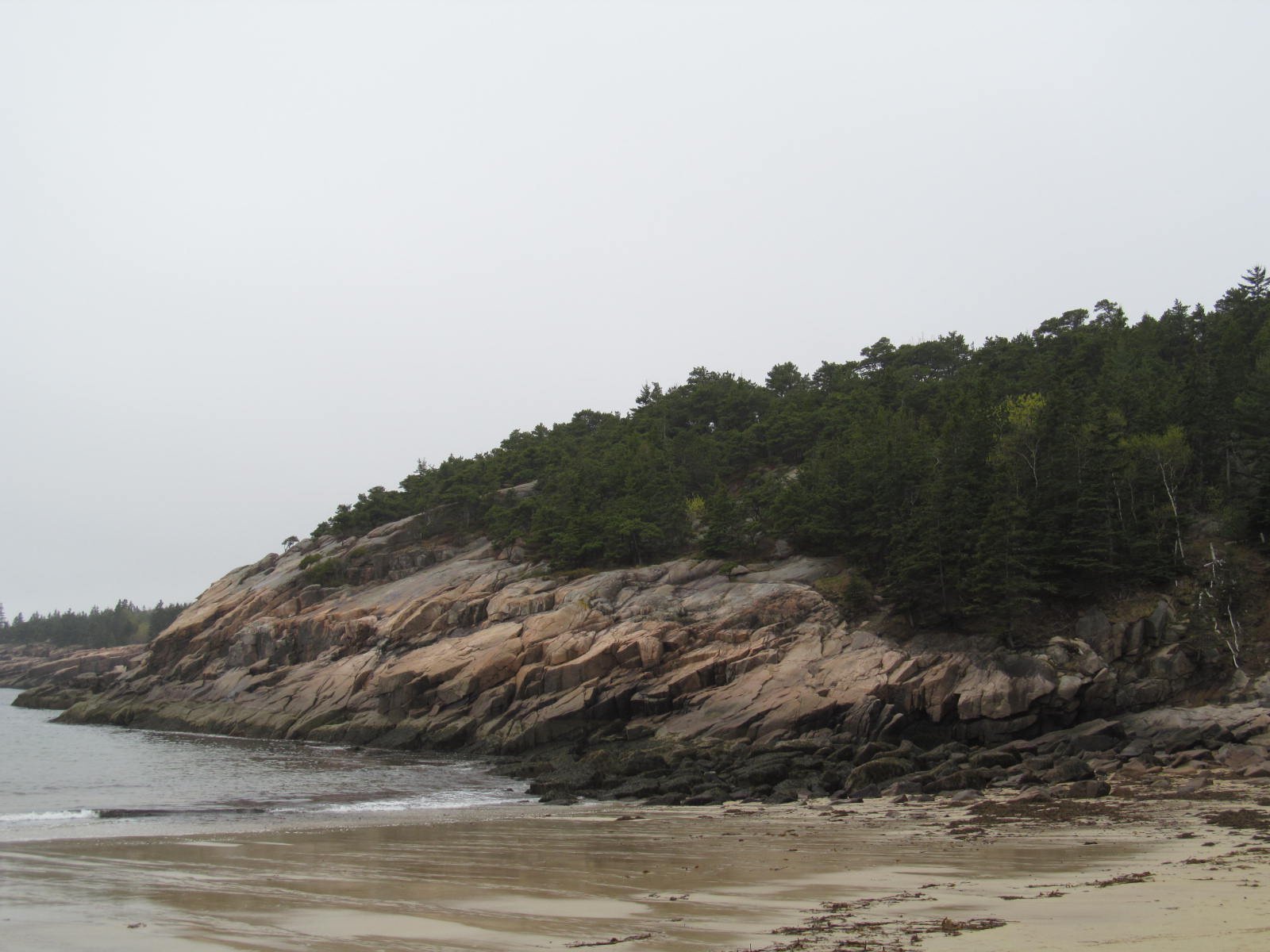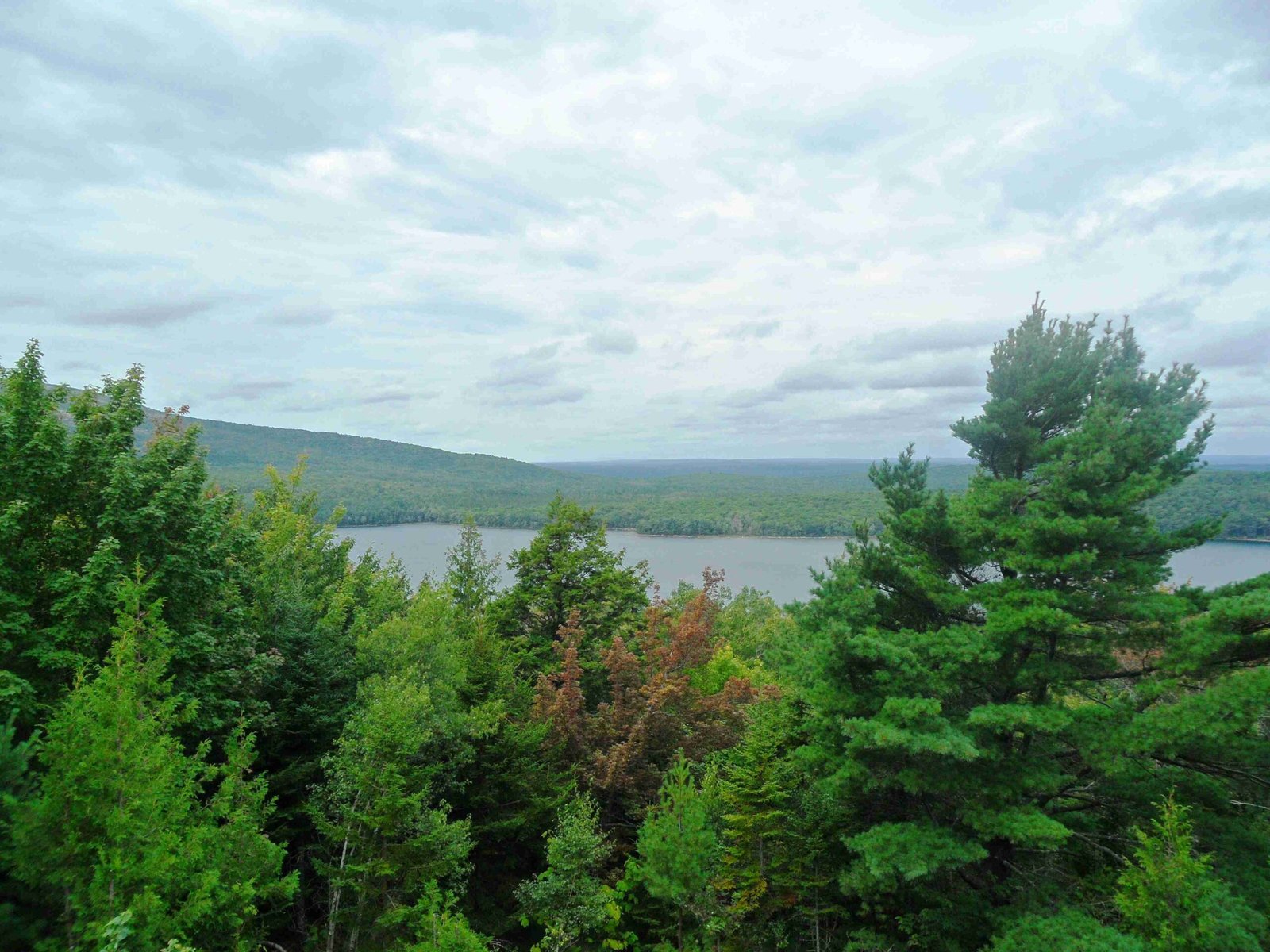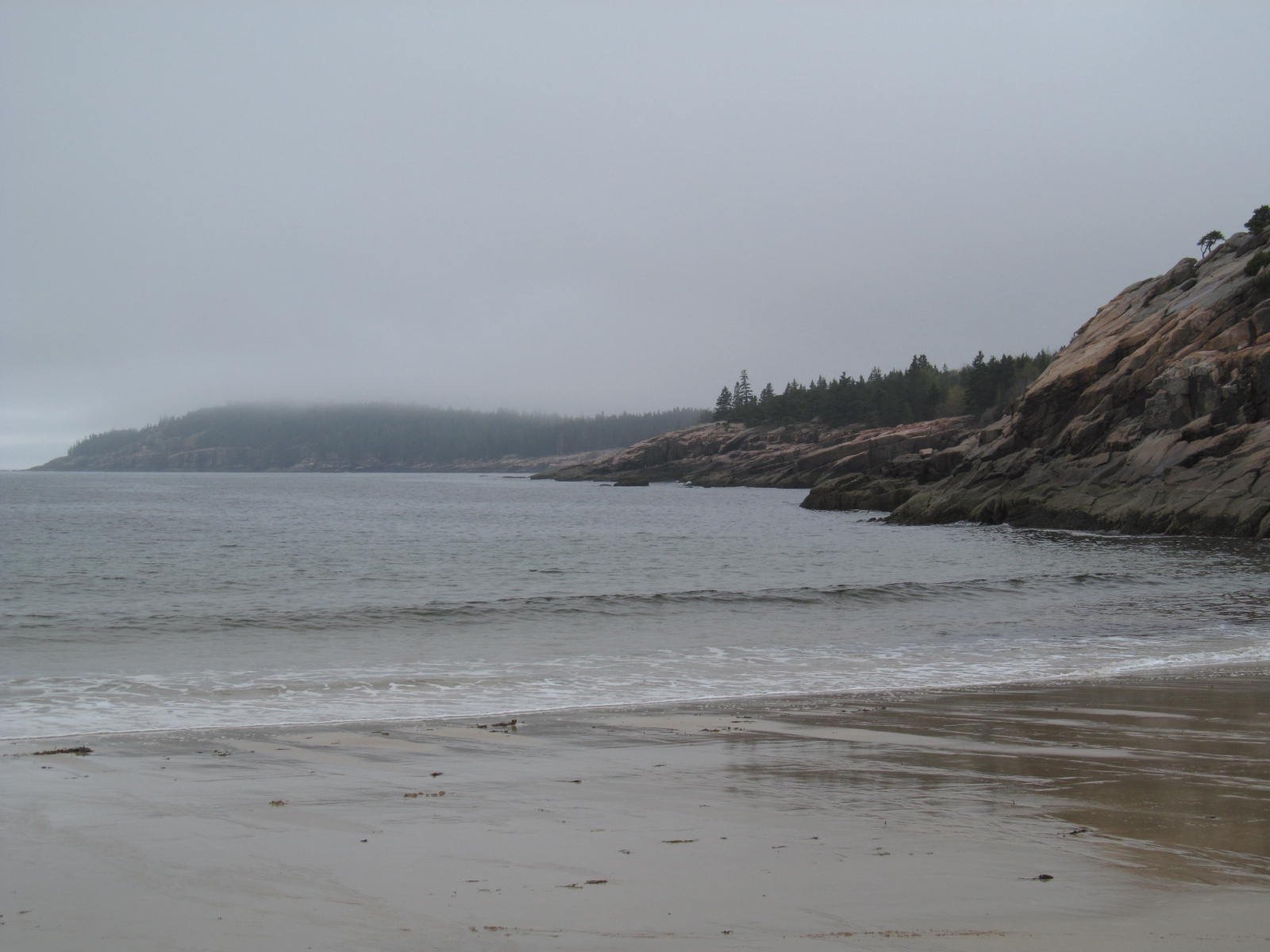The Cranberry Isles, located off the coast of Mount Desert Island in Maine, are a group of five islands that offer a unique and serene experience for visitors to Acadia National Park. While not officially part of the park, these islands provide stunning views of Acadia’s coastline and mountains. Great Cranberry Island and Little Cranberry Island (Islesford) are the two largest and most visited islands, offering a glimpse into the rich maritime history and natural beauty of the region.
What are the Cranberry Isles?

The Cranberry Isles consist of five islands:
- Great Cranberry Island
- Little Cranberry Island (Islesford)
- Sutton Island
- Baker Island
- Bear Island
Great Cranberry Island and Little Cranberry Island are the only two inhabited year-round and accessible by public ferry. These islands offer a unique perspective on the Acadia region, with their own distinct charm and attractions.
How to Get to the Cranberry Isles?

Access to the Cranberry Isles is primarily by boat. Here are the main options:
- Public Ferry:
- Departs from Northeast Harbor and Southwest Harbor
- Operates year-round with more frequent service in summer
-
Travel time: Approximately 30-45 minutes
-
Private Boat:
- Personal watercraft or chartered boats
-
Offers more flexibility in timing and destinations
-
Water Taxi:
- Available for custom trips and schedules
- Ideal for groups or those with specific timing needs
| Transportation Method | Pros | Cons |
|---|---|---|
| Public Ferry | Affordable, Regular Schedule | Fixed departure times, Can be crowded in peak season |
| Private Boat | Flexibility, Privacy | More expensive, Requires boating experience |
| Water Taxi | Custom schedules, Direct service | Higher cost, Needs advance booking |
What Activities are Available on the Cranberry Isles?
The Cranberry Isles offer a variety of activities for visitors:
- Hiking:
- Cranberry Shores Preserve (Great Cranberry Island)
- Preble Cove Trail (Great Cranberry Island)
-
Whistler’s Cove Trail (Great Cranberry Island)
-
Beachcombing:
- Explore rocky shores and cobble beaches
-
Search for sea glass, shells, and marine life
-
Birdwatching:
- Especially popular during spring migration
-
Observe various seabirds and songbirds
-
Cultural Experiences:
- Visit museums and historical sites
-
Explore local art galleries
-
Photography:
- Capture stunning views of Acadia’s coastline
- Document unique island landscapes and wildlife
What are the Must-Visit Attractions on the Cranberry Isles?
- Islesford Historical Museum (Little Cranberry Island):
- Exhibits on island life and maritime history
-
Open seasonally from late June to early October
-
Cranberry House (Great Cranberry Island):
- Historical society museum and cultural center
-
Features rotating exhibits and a cafe
-
Islesford Congregational Church (Little Cranberry Island):
- Historic church built in 1898
-
Offers panoramic views of the harbor
-
Acadia National Park View Points:
-
Several locations on both islands offer stunning views of Acadia’s mountains
-
Ashley Bryan School (Little Cranberry Island):
- One-room schoolhouse with unique island education program
Where to Stay on the Cranberry Isles?
Accommodation options on the Cranberry Isles are limited and primarily consist of vacation rentals. Here are some options:
- Vacation Rentals:
- Various cottages and homes available for rent
-
Ranging from rustic to modern amenities
-
Bed and Breakfasts:
- Limited options, mostly on Little Cranberry Island
-
Offer a more personal, local experience
-
Camping:
- No official campgrounds on the islands
- Some private properties may allow camping with permission
It’s important to book accommodations well in advance, especially for the peak summer season.
What Dining Options are Available on the Cranberry Isles?
Dining options on the Cranberry Isles are limited but offer fresh, local cuisine:
- Islesford Dock Restaurant (Little Cranberry Island):
- Seafood-focused menu with stunning harbor views
-
Open seasonally, typically May to October
-
Hitty’s Cafe (Great Cranberry Island):
- Located in the Cranberry House
-
Offers light fare, baked goods, and beverages
-
General Stores:
- Both islands have small stores for basic provisions
-
Great for picnic supplies and snacks
-
Lobster Co-ops:
- Fresh lobster available for purchase (seasonal)
- Some offer cooked lobster for takeout
How to Plan a Day Trip to the Cranberry Isles?
Planning a day trip to the Cranberry Isles requires some preparation:
- Check Ferry Schedules:
- Plan your trip around ferry departure and return times
-
Consider visiting both Great and Little Cranberry Islands
-
Pack Essentials:
- Bring water, snacks, sunscreen, and comfortable walking shoes
-
Pack layers as island weather can be changeable
-
Plan Activities:
- Research hiking trails and attractions in advance
-
Consider renting bicycles on the islands for easier exploration
-
Respect Local Community:
- Remember these are small, year-round communities
-
Follow Leave No Trace principles
-
Allow Flexibility:
- Island pace is slower; be prepared for a relaxed schedule
- Weather can affect ferry schedules and activities
What is the Best Time to Visit the Cranberry Isles?
The best time to visit the Cranberry Isles depends on your preferences:
- Summer (June-August):
- Peak season with warmest weather
- All attractions and services open
-
Busiest and most expensive time
-
Fall (September-October):
- Beautiful foliage and fewer crowds
- Some services may have reduced hours
-
Cooler temperatures, ideal for hiking
-
Spring (April-May):
- Quiet season with emerging wildflowers
- Bird migration season
-
Some services may not be fully operational
-
Winter (November-March):
- Very quiet with limited services
- Ferries run on reduced schedules
- Opportunity for a truly local experience
How do the Cranberry Isles Contribute to Acadia National Park’s Ecosystem?
While not officially part of Acadia National Park, the Cranberry Isles play a crucial role in the region’s ecosystem:
- Marine Habitat:
- Surrounding waters support diverse marine life
-
Important for seabirds and marine mammals
-
Plant Diversity:
- Unique island flora, including rare plant species
-
Cranberry bogs that give the islands their name
-
Wildlife Corridor:
- Islands serve as stopover points for migratory birds
-
Support populations of deer and other small mammals
-
Cultural Landscape:
- Preserve traditional New England island communities
-
Demonstrate human interaction with coastal environments
-
Research Opportunities:
- Provide valuable data on island ecosystems and climate change impacts
The Cranberry Isles offer a unique perspective on the Acadia National Park region, providing visitors with a chance to experience the natural beauty and rich cultural heritage of coastal Maine. Whether you’re interested in hiking, history, or simply enjoying the serene island atmosphere, a visit to the Cranberry Isles can be a memorable addition to your Acadia National Park experience.
References:
1. https://www.mcht.org/preserve/cranberry-shores/
2. https://mymaine.org/downeast-maine/exploringgreatcranberryisland
3. https://www.nps.gov/acad/planyourvisit/hiking.htm

